My Lifesaving Medical Treatment Is Only Available In America. Now I Could Be Deported.
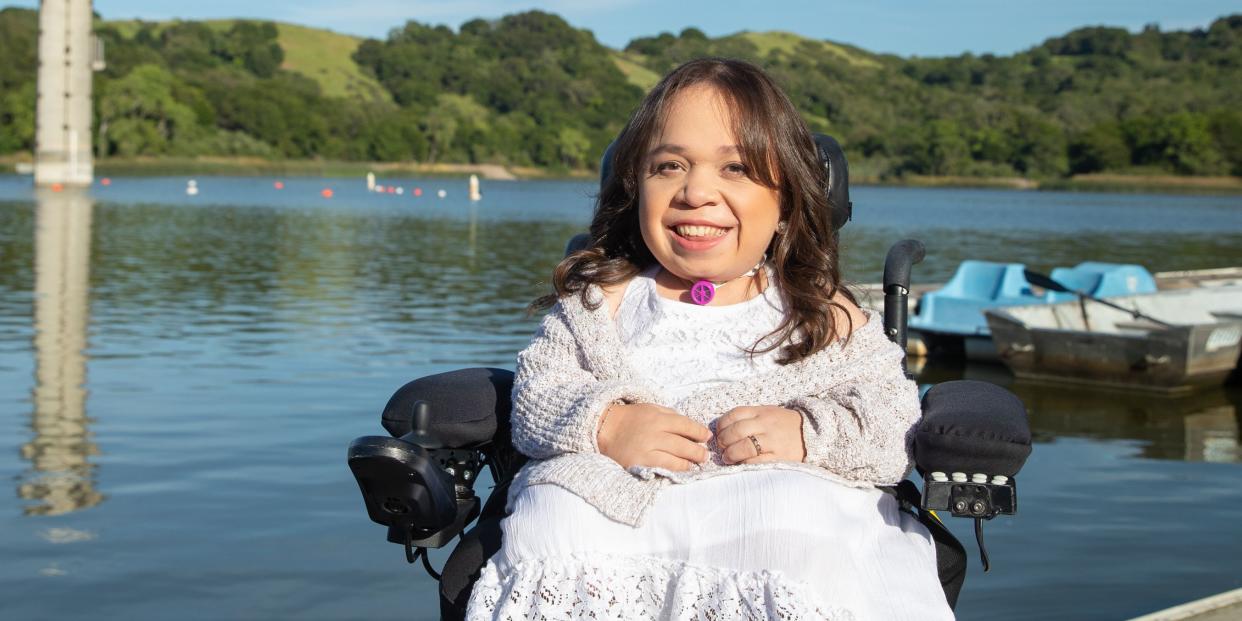
Maria Isabel Bueso, 24, of Guatemala is diagnosed with Mucopolysaccharidosis VI, which causes dwarfism, clouded vision, and spinal cord compression, among other abnormalities. She came to the U.S. when she was 7 to participate in a clinical trial, and has been receiving medical care in Oakland, California, ever since. On August 16, she was informed that the Trump administration had terminated a deferred action program allowing her to undergo lifesaving treatments in this country without fear of deportation. Bueso is now fighting to stay in the U.S.—while continuing the fight for her life.
It was my family lawyer who called with the news that was, in essence, a death sentence for me. The U.S. Citizen Immigration Services had suddenly and with no warning eliminated the “deferred action” program allowing immigrants like myself to stay in the country legally while undergoing lifesaving treatment.
I live with a debilitating disease called MPS VI and also suffer from paraplegia. I use a power wheelchair to get around, and have a tracheotomy and a VP shunt in my brain. I'm originally from Guatemala, but now live with my family in California, where I've been getting treatment at a hospital every Friday for the last 16 years.
I had actually just finished a treatment session, when the lawyer called. "You and your family are being told to leave the country within 33 days or face deportation," he said.
My mom sunk down to the ground and sobbed. I started shaking with fear. It was like my whole world stopped right there, in that moment. This was never something we expected to happen. If I don't have my treatment, my doctor says I'll die.
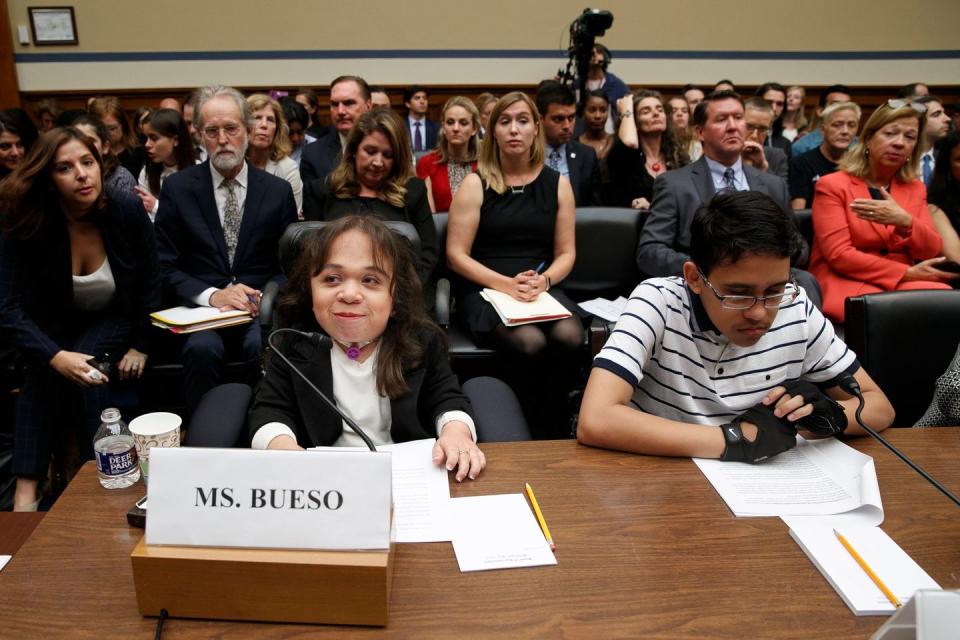
I was born a healthy baby girl back in Guatemala, but at three weeks old I started developing ear infections for no reason and coming down with high fevers. Doctors couldn't figure out why, until they did an x-ray, which showed abnormalities in my bones. At one and a half years old, I was diagnosed with MPS VI.
When doctors handed my mom a packet explaining what the condition was, she says she literally dropped to the floor and wept. The good thing, doctors told her, was that it would not impact my intelligence. The bad thing, they told her, is it is the rarest forms of MPS in the world and can cause problems like cardiac arrest, hydrocephalous, blindness, hearing loss, bone abnormalities, chronic pulmonary disease, and even early death.
Doctors didn't think I'd live past my tweens.
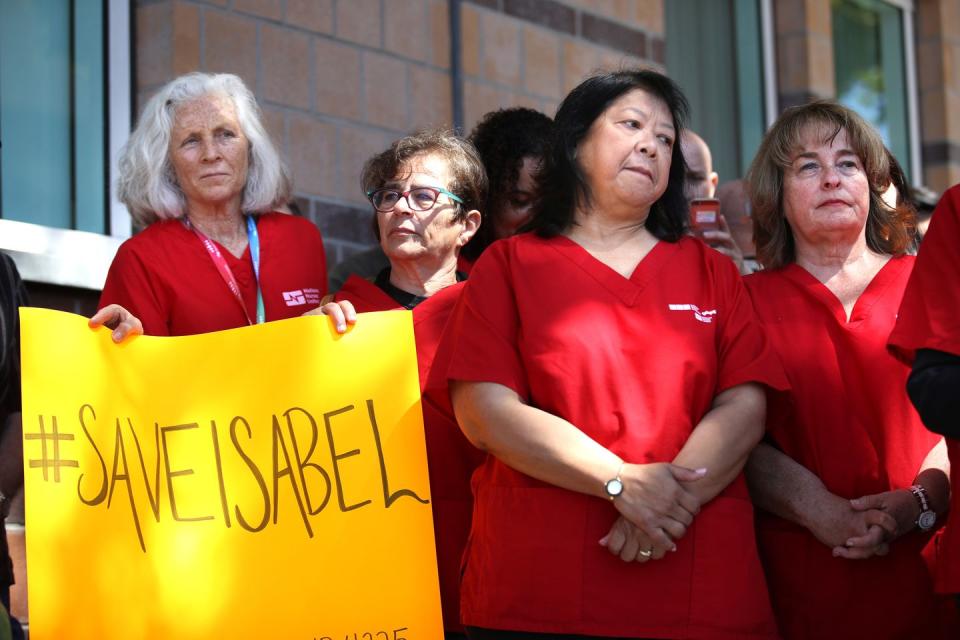
That was over two decades ago, and I'm still here. After receiving my diagnosis, I got invited to participate in an MPS clinical trial in California that lasted for six months. I don't remember much from that period except going to hospitals and doing testing, testing, and more testing. At the end of the trial, my doctor said that this treatment wasn't being offered in Guatemala and if we wanted to continue, I'd need to stay in the U.S.
It's never lost on me how much my family has sacrificed. My mom, my dad, and my sister left everything behind in Guatemala and moved permanently to the U.S. Every day I feel incredibly blessed for my family, really grateful. The words "thank you," almost feel silly for how truly grateful I truly am.
As I continued my treatments, my family established their new lives in California, where we bought a home. My dad has been at the same company for 12 years now, and my sister met the love of her life and is getting married. My mom stays at home to take care of me and is my biggest champion. We even pay for my treatments with private health care insurance.
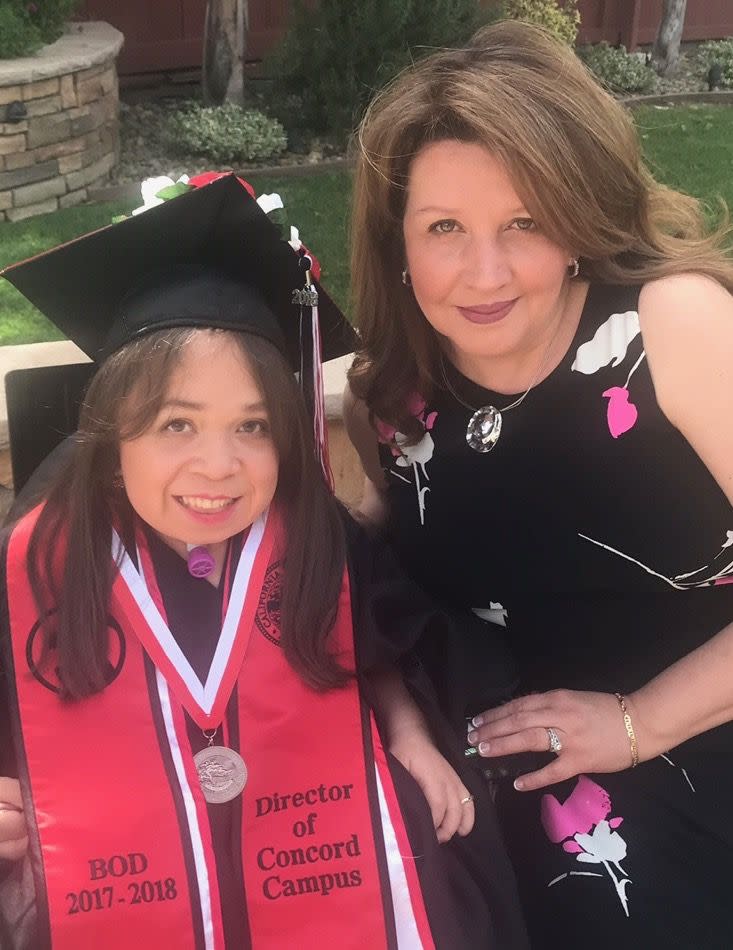
I've defied the odds and lived, which is something I don't take for granted. I try to live my life to the fullest each and every day. Last year, I cried at my graduation ceremony from California State University, East Bay, because I never thought I was going to get this far. I've become a spokesperson for my disease, and an advocate on behalf of people with rare diseases.
After our lawyer called with the news, my mom and I headed straight to Congressman Mark Desaulnier's office, who reached out to Senator Kamala Harris. They sent an inquiry to U.S. Citizen Immigration Services, but nobody knew what was going to happen. Politicians called an emergency hearing seeking answers, where I testified and told lawmakers all about my story and why I need to stay in the country.
"If I’m sent back, I will die," I told the House Oversight subcommittee. "But I want to live. I am a human being with hopes and dreams for my life."
Representative Alexandria Ocasio-Cortez apologized to me, and to all of the people who testified, for the “dehumanizing policies" that brought us all there that day. I also met with Speaker Nancy Pelosi, Representative Kevin McCarthy, and Senators Lindsey Graham and Dianne Feinstein. That meant a lot, as this is a humanitarian issue, not a partisan one. But right now, we still aren't getting any answers. We're basically in a limbo status, as our case is re-opened and as we wait for U.S. Citizen Immigration Services to reconsider their decision. We assume that means our deportation is on hold.
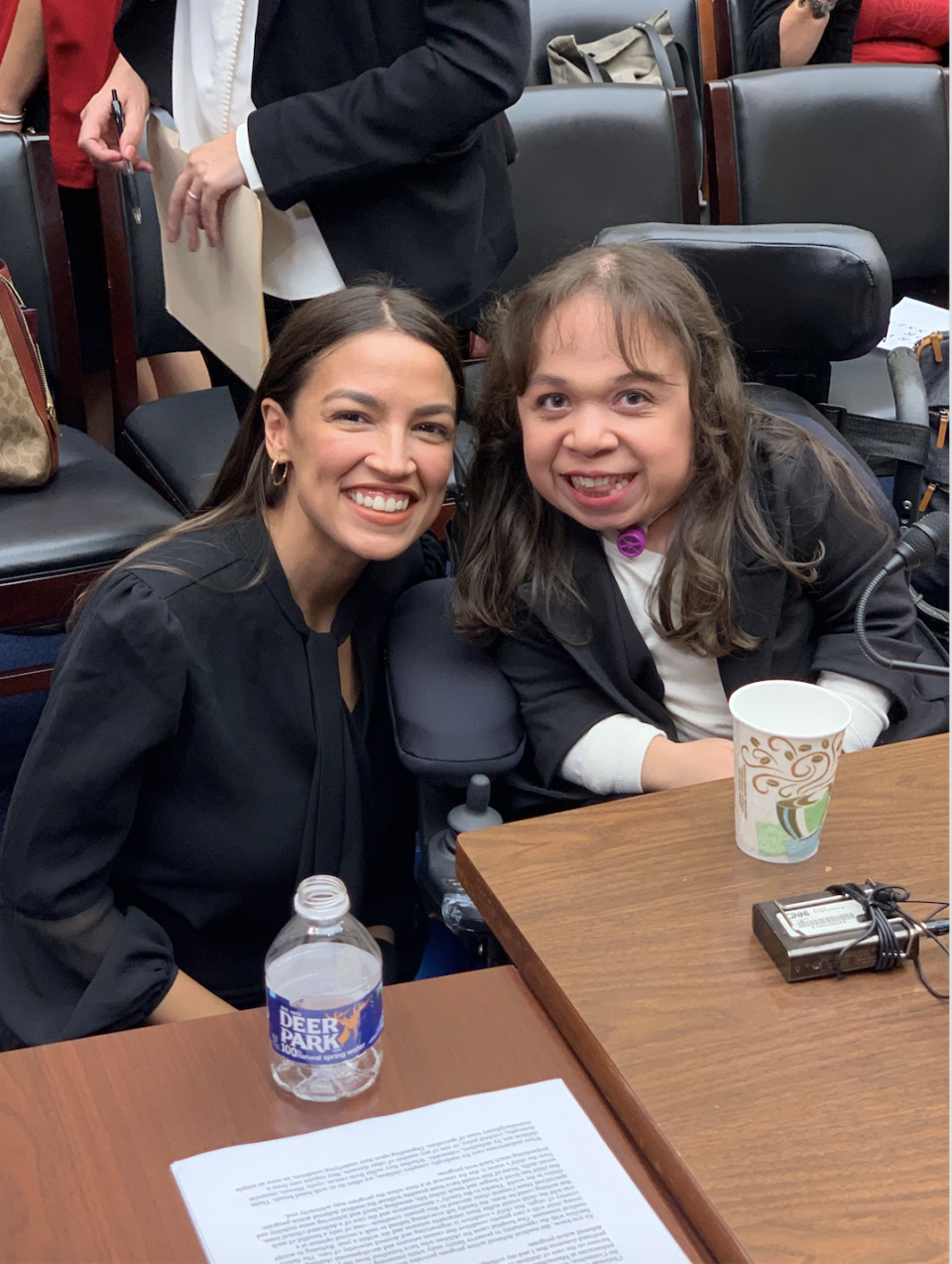
Lawmakers, if you're reading this, President Trump, if you're reading this, please help to rewrite the wrong of this policy change. Please help me and all of the other families whose lives depend on the treatment they receive in the U.S.
I came to this country by invitation from doctors, and my participation in the clinical trial is, in the long run, going to help other people who were born here with this condition. I've been fighting my entire life to essentially help find a treatment for this disease and I’m grateful for the opportunity this country has given me to receive treatment and to live much longer than expected, but now I'm also fighting for my right to live.
You Might Also Like

